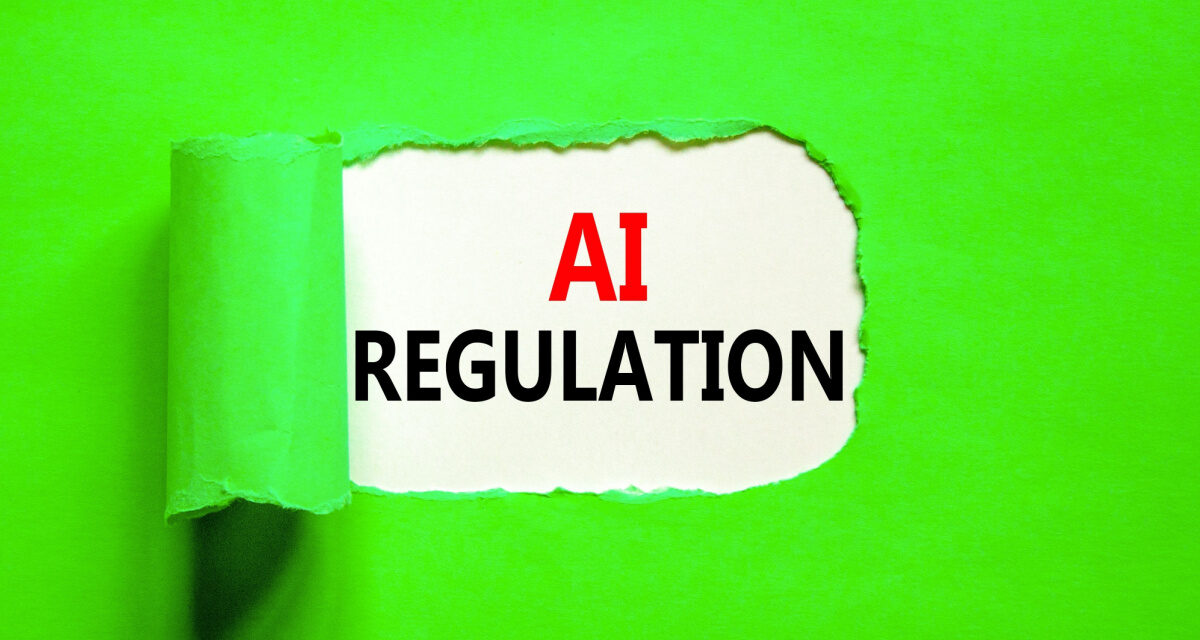Introduction: The AI Phenomenon and the Need for Regulation
Artificial intelligence (AI) is not just a buzzword but a pivotal force reshaping every sector, including small businesses. The rapid evolution of AI technologies brings immense opportunities and challenges that necessitate thoughtful regulation. This article delves into the current state of AI regulation in the USA, particularly its implications for small business owners and aspirants.
Background of AI Regulation
The Genesis of AI in the USA and Its Regulation
The USA’s journey with AI has been a storied affair, from academic curiosities to Silicon Valley breakthroughs. Early regulations were piecemeal, responding to discrete challenges posed by digital technologies. Today, the regulatory landscape is becoming as dynamic as the technologies it seeks to govern, with a dance between federal comprehensiveness and state specificity.
Recent Developments in AI Regulation
The New Wave of AI Governance
2023 has ushered in a paradigm shift, with general AI compliance obligations taking center stage, building upon the specific AI use-case regulations of 2022. A landmark in this evolution is the NIST’s Artificial Intelligence Risk Management Framework, offering a comprehensive guide for AI system design, development, and deployment.
Major Areas of AI Regulation
Safeguarding Privacy, Ethics, and Security in AI
The focus areas of AI regulation span the protection of privacy and personal data, ensuring ethical AI use to prevent bias, and setting robust safety and security standards. These regulations aim to foster transparency and accountability within AI applications.
Notable AI Regulation Bills and Acts
Congress’s Role in Shaping AI’s Future
Bipartisan efforts in Congress have introduced new bills aimed at addressing the multifaceted issues of AI, reflecting a growing legislative interest in the technology. These bills could significantly influence how AI is developed and utilized across industries.
Challenges in AI Regulation
Striking a Balance Between Innovation and Regulation
One of the most significant hurdles in AI regulation is maintaining an environment that encourages innovation while ensuring adequate safeguards. The intricate nature of AI poses unique challenges for policymakers, and the global reach of AI technology adds to the complexity of jurisdictional governance.
Future of AI Regulation
Predicting the Trajectory of AI Governance
We look ahead to the possible directions AI regulation might take, considering the influence of public sentiment, advocacy groups, and political landscapes on future policies.
Conclusion: The Imperative of Informed Engagement
In conclusion, AI regulation is an evolving field with significant implications for small businesses. Staying abreast of these developments is crucial for business owners to navigate the changing tides of technology and governance. Engaging with the discourse and keeping informed are vital steps for any business stepping into the AI arena.
The legislative landscape in the USA is rapidly adapting, with a shift toward a more structured approach to AI regulation. This is evident from the increasing number of state AI laws proposed in 2023, which have surpassed the quantity of previous sessions5. These legislations, alongside federal initiatives, underscore the growing importance of a coordinated effort to manage AI’s risks and harness its potential responsibly.
For small business owners and those considering entering the fray, these regulations may seem daunting. However, they are a necessary compass guiding the responsible and equitable use of AI. By staying informed and compliant, businesses can navigate these waters to harness the full potential of AI, ensuring their ventures thrive in a future shaped by intelligent technology.




